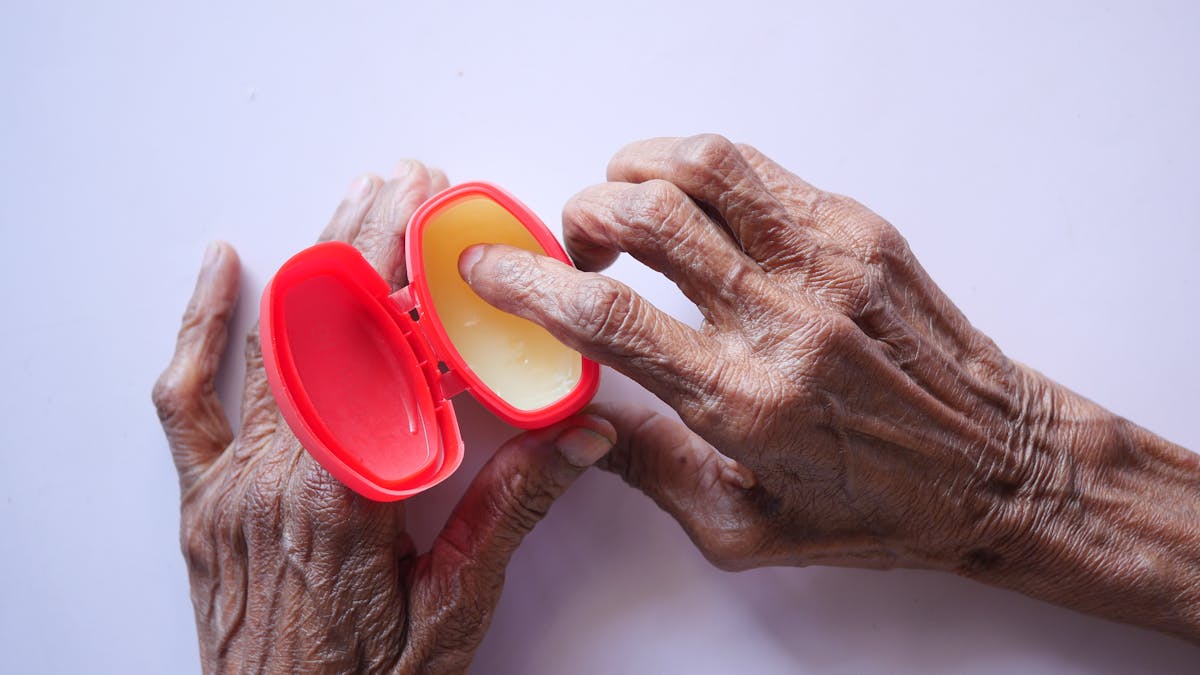
3 Common Senior Skincare Issues and How to Treat Them
Winter is long gone, but that doesn’t mean your dry skin went with it. More than 90% of seniors experience some kind of skin disorder. As we age, our skin gets thinner and loses its ability to retain moisture. Other factors can impact our skin, such as heredity, nutrition, sleeping habits, and lifestyle.
The most common types of skin disorders affecting older adults include dryness, itchiness, bruising, and slower healing times.
Top Skin Issues Affecting Seniors
Seniors must pay extra special attention to their skincare routine to support skin health. Keep reading to learn three common skincare issues seniors face and actionable tips to treat them.
1. Itching and Dryness
Dry, itchy skin is uncomfortable and frustrating. Many older adults get dry spots and scaly, itchy skin on their lower legs, elbows, and forearms. A lack of hydration is the most common culprit for this skin issue.
Seniors should aim to drink 56 ounces of fluids daily. Keep a water bottle by your bed or couch as a visual reminder. You can also set an hourly alarm on your phone to notify you to drink water.
Older adults with dry and itchy skin should avoid overusing perfumes, soaps, and antiperspirants. Apply moisturizer, ointments, or creams to dry spots after showering. During the winter months, when the air is drier, run a humidifier in your bedroom.
If none of these solutions work to improve skin issues, and your dry skin worsens, book an appointment with your doctor. This skin condition could be a sign of liver or thyroid disease.
2. Skin Cancer
According to the Skin Cancer Foundation, one in five Americans will develop skin cancer by the age of 70. Older adults have a higher risk of getting skin cancer due to their thinner skin.
Always use a broad-spectrum sunscreen when going outside with an SPF of 30 or more to reduce your risk. Reapply every two hours or immediately after swimming.
Seniors can boost skin protection by wearing breathable, light-colored clothing. Opt for lightweight, long-sleeve shirts and pants in shades of pastels or whites. These repel UV rays better than darker colors. Wear oversized sunglasses with UV protection and a wide-brimmed hat to shield your face from the sun. Be sure to see your dermatologist annually. If detected early, most skin cancers are easily treated.
3. Bruising
Thinner skin makes older adults bruise more easily. Some medications can also increase the risk of bleeding and bruising. A light bump against a counter or furniture can leave large peach-sized bruises on seniors.
While there are no treatments to reduce their risk of bruising, seniors can take proactive measures to prevent bruising. Keep areas with high foot traffic clear of clutter. They can also buy furniture with rounded corners to avoid painful bumps.
If you do get bruised, elevate and ice the affected area. This quickens the healing process.
Visiting Angels of Scranton, PA, Keeps Seniors Safe & Comfortable
Do you need help decluttering your house to avoid bumps and bruises? Need a hand with personal hygiene? Visiting Angels of Scranton, PA, provides personalized, award-winning in-home care services to seniors throughout Scranton, Waverly, and Pittston, as well as Lackawanna, Wyoming, Luzerne, and Columbia counties.
Contact us today at (570) 800-5270 to learn how we can help you stay comfortable and safe.
